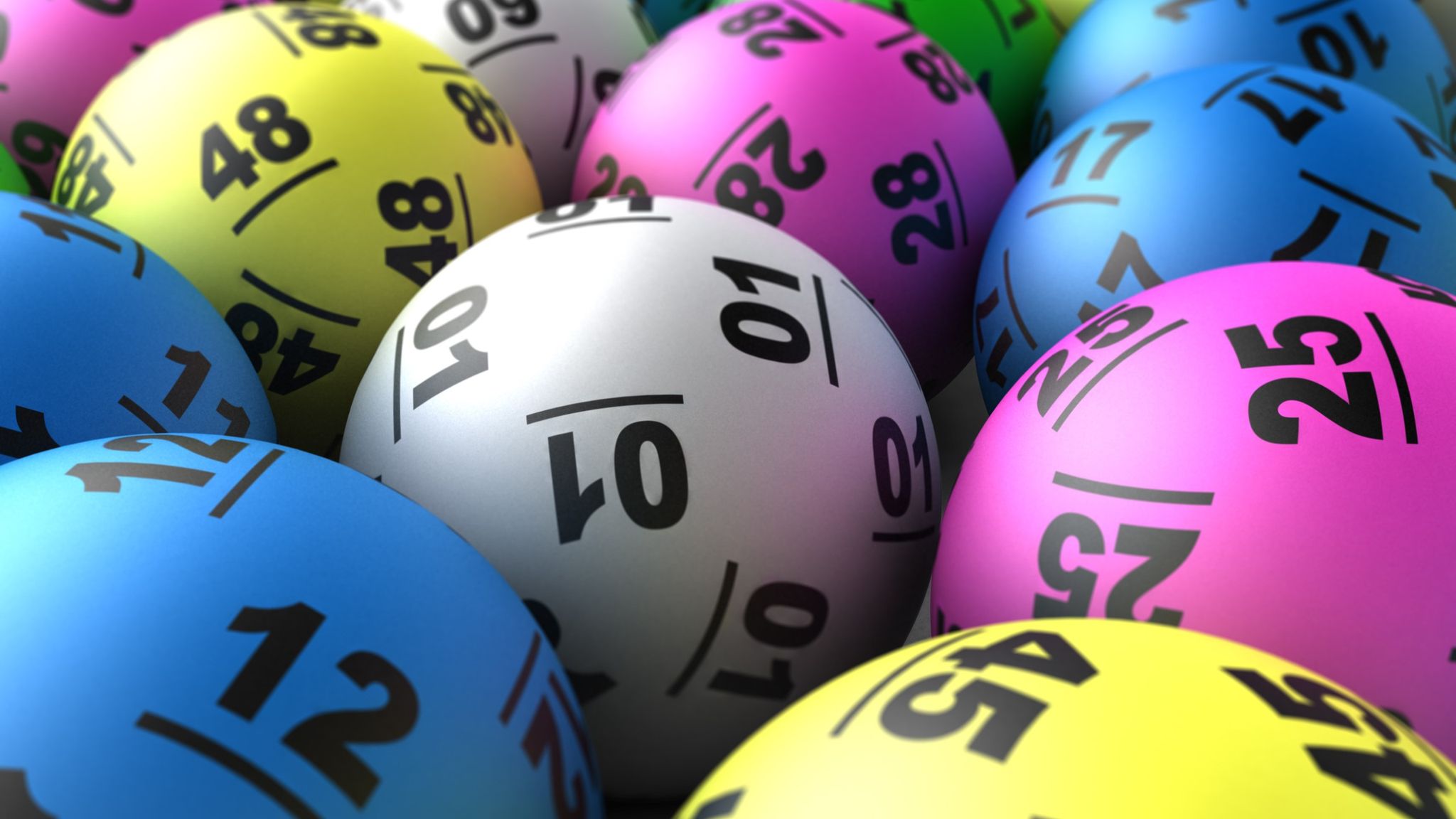The lottery—a game of chance that has captivated humanity for centuries—holds a special place in the fabric of societies worldwide. From ancient civilizations to modern-day digital draws, the concept of the lottery has evolved, but its allure remains largely unchanged. This article delves into the history, mechanics, impact, and cultural significance of bandar macau, revealing how this simple game continues to shape lives and societies.
Historical Roots
The origins of the lottery can be traced back to ancient times. The Chinese Han Dynasty (205–187 BC) is credited with developing one of the earliest forms of lottery, known as Keno. This system of drawing numbers was believed to help fund government projects, a practice that reflects the lottery’s dual role as a form of entertainment and a tool for raising public funds.
In Europe, the modern concept of the lottery began to take shape during the Renaissance. Lotteries were used to fund public works and charitable causes, with one of the earliest recorded European lotteries taking place in the Low Countries (now Belgium, the Netherlands, and Luxembourg) in the 15th century. These early lotteries, often conducted at fairs, featured simple games where players selected numbers or symbols for a chance to win prizes.
Mechanics of Modern Lotteries
Contemporary lotteries come in various forms, but they generally share a common framework. Participants purchase tickets, each bearing a unique combination of numbers or symbols. A drawing is then held, and a set of winning numbers is randomly selected. Players with matching numbers win prizes, which can range from modest amounts to life-changing sums.
Modern lotteries employ sophisticated random number generators or mechanical draw machines to ensure fairness. The integration of technology has not only streamlined the process but also introduced online platforms, expanding access to the lottery on a global scale. This digital shift has also enabled the creation of diverse lottery games, such as scratch-offs and instant-win games, which offer different ways to participate and win.
Economic and Social Impact
Lotteries have a profound impact on economies and societies. From an economic standpoint, they generate substantial revenue for governments and organizations. In many countries, lottery proceeds are earmarked for public services, such as education, healthcare, and infrastructure. For example, in the United States, state lotteries contribute billions of dollars annually to public education, while the UK National Lottery funds a wide range of community projects.
However, the lottery’s economic impact is not without controversy. Critics argue that lotteries disproportionately affect lower-income individuals, who may spend a significant portion of their income on tickets in hopes of winning big. This phenomenon, sometimes referred to as a “regressive tax,” raises ethical concerns about the fairness and social implications of lottery systems.
Cultural Significance
Beyond the economic aspects, lotteries hold a unique place in cultural narratives. They symbolize hope and the possibility of transcending one’s circumstances through sheer luck. The story of the lottery is often woven into local folklore, with tales of rags-to-riches transformations inspiring countless individuals.
In literature and media, lotteries are frequently depicted as mechanisms of fate or justice. Shirley Jackson’s famous short story, “The Lottery,” presents a dark view of societal rituals and conformity, using the lottery as a metaphor for collective violence. Conversely, lotteries are often portrayed in a positive light in popular culture, representing the ultimate dream of instant wealth and a better life.
Future of Lotteries
As technology continues to advance, the future of lotteries is poised for transformation. Innovations such as blockchain technology and artificial intelligence may further enhance transparency and fairness in lottery operations. Additionally, the rise of digital currencies and online gaming platforms could lead to new forms of lottery games, offering even more diverse and interactive experiences for players.
However, the evolution of lotteries also brings challenges. Ensuring responsible gaming practices and addressing concerns about addiction and financial strain will be crucial as lotteries become increasingly integrated into the digital landscape.


